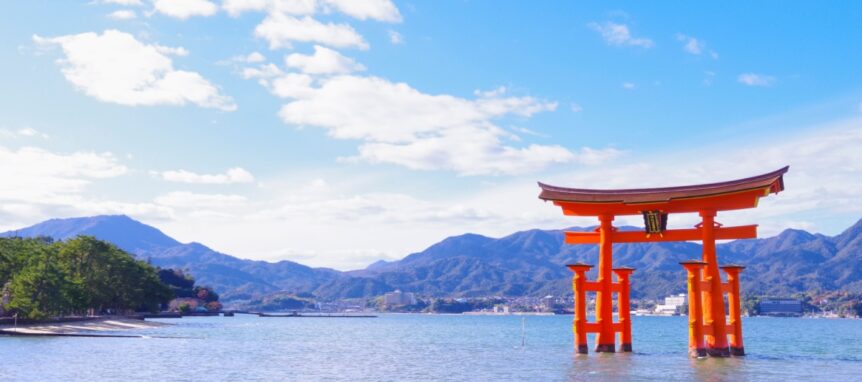Since the end of World War II, the United States has maintained a significant military presence in Japan. Immediately after the war, the U.S. served as an occupying force while the country was demilitarized to prevent future aggression. In 1951, the Treaty of San Francisco restored Japanese sovereignty. At the same time, the two nations signed the Japan-America Security Agreement, under which the U.S. pledged to protect Japan in the event of military aggression.
This arrangement, renewed and refined over the years, has allowed Japan to focus its resources on rebuilding and strengthening its domestic economy, which contributed to its rise as one of the world’s leading economic powers.
Military Bases and Contractor Support
Today, nearly 50,000 U.S. troops are stationed in Japan across 23 different bases operated by the Air Force, Marines, Army, and Navy. Many of these installations are concentrated on Okinawa. Under a recent agreement, about half of the 20,000 Marines stationed on Okinawa will eventually be relocated to Guam and other locations, though no firm timetable has been set.
Like many modern military bases, these installations function as small, self-contained cities. Contractors are critical to their operation, providing food service, maintenance, and a variety of support functions once performed by military personnel themselves. It is estimated that nearly 5,500 civilian employees currently work for military contractors in Japan.
Injuries and Risks for Contractors
With so many people performing so many essential tasks, injuries are bound to occur. Civilian employees working on bases in Japan face the same types of risks as workers in the United States. Falls from ladders, motor vehicle accidents, electrical shocks, broken bones, and workplace mishaps of all kinds are a daily reality.
The fact that these injuries occur in a foreign country makes them no less compensable. In fact, U.S. law provides specific protections for contractors working overseas under government contracts.
Defense Base Act Protection
Civilian contractors injured while working in Japan may be entitled to compensation under the Defense Base Act (DBA), an extension of the Longshore & Harbor Workers’ Compensation Act. This federal program provides medical care and wage replacement for those injured overseas. Benefits may also include compensation for temporary or permanent disability, as well as death benefits for families of workers who are killed on the job.
Humanitarian Efforts and Expanded Coverage
Contractor activity in Japan surged after the devastating 2011 earthquake and tsunami, when the U.S. relied heavily on contractors to provide humanitarian aid and relief services. Many of these individuals worked in dangerous environments filled with debris and unstable structures. Importantly, the U.S. Department of Labor has confirmed that contractors providing humanitarian relief in Japan during that time are also covered under the Defense Base Act.
Protecting Your Rights After an Injury in Japan
Filing for Defense Base Act benefits can be a complex process, with strict deadlines and detailed requirements that must be followed. Missing deadlines or failing to comply with procedures can jeopardize a claim.
If you or someone you know has been injured while working for a U.S. contractor in Japan—whether on a military base or during humanitarian missions—it is critical to seek experienced legal assistance. The attorneys at Barnett, Lerner, Karsen & Zobec, P.A. have the knowledge and dedication to help you successfully pursue your Defense Base Act claim and secure the benefits you deserve.

